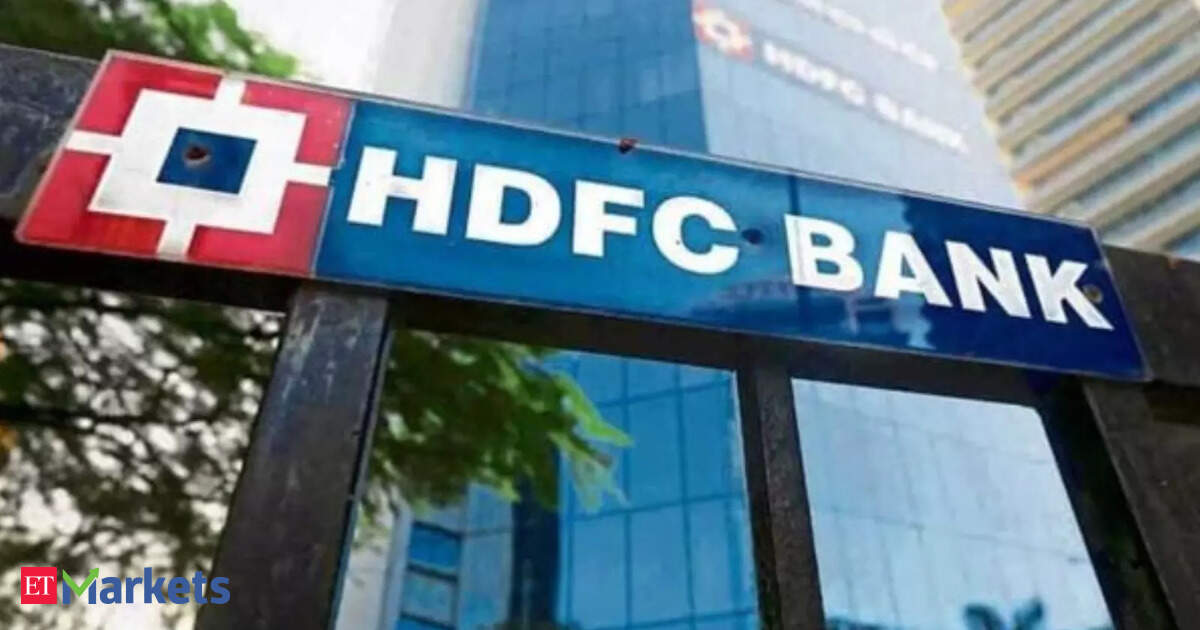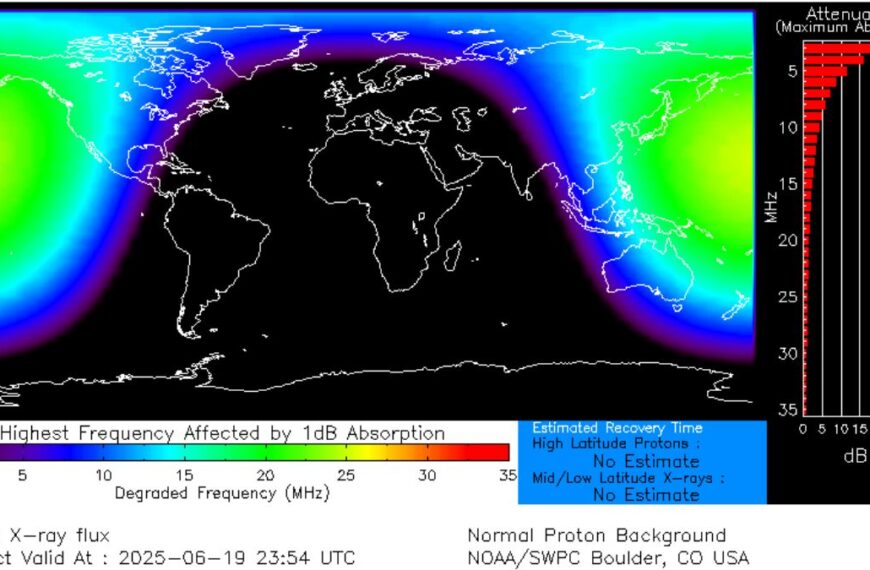Before the IPO details were announced, HDB Financial shares were trading in the unlisted market at Rs 1,200–1,350 apiece—nearly 70–80% higher than the IPO’s upper price band of Rs 740. This sharp correction in GMP raises key questions: is the IPO valuation more grounded in fundamentals, or are early unlisted investors now staring at significant notional losses?
 ETMarkets.com
ETMarkets.comAt Rs 740, the IPO values HDB at 3.72x FY24 book value—broadly in line with listed NBFCs such as Bajaj Finance and Shriram Finance. This suggests the offer is conservatively priced by institutional benchmarks, despite the earlier hype reflected in unlisted trades.Why the discrepancy exists
1. Speculative grey market dynamics
Grey market prices often reflect supply scarcity and retail sentiment, rather than business fundamentals. Prior to the IPO announcement, limited float and high demand in the unlisted space drove prices up, with little regard for structured valuation frameworks.
2. Retail FOMO & liquidity traps
Thousands of investors bought HDB shares in the unlisted market at prices between Rs 1,200 and Rs 1,350. Based on the IPO valuation, they now face notional losses of 40–45%. For many, this serves as a cautionary tale about the risks of relying on grey market trends as a proxy for IPO performance.
What’s in it for HDFC Bank?
HDFC Bank, which holds a 95% stake in HDB, is divesting 12.95 crore shares via an Offer For Sale (OFS). These shares were originally acquired at an average cost of Rs 46.4, meaning HDFC Bank could book a gain of over Rs 9,373 crore if the issue is fully subscribed at the top end of the price band.
This also helps the bank meet the RBI’s upper-layer NBFC listing requirement, while unlocking capital without raising fresh equity.
Does the GMP still matter?
Analysts suggest that the grey market premium may no longer be a reliable indicator of listing performance, especially for large, fundamentally priced IPOs. Recent trends show that anchor investors and long-only institutions are favouring reasonable valuations over overhyped launches.
Moreover, the 42-48% discount between grey market and IPO valuations presents an opportunity for retail investors to enter a quality NBFC at a relatively fair price. Even if listing gains are modest, the long-term potential of HDB—especially given its HDFC parentage and focus on Tier-2/3 markets—remains attractive.
(Disclaimer: Recommendations, suggestions, views, and opinions given by the experts are their own. These do not represent the views of Economic Times)















